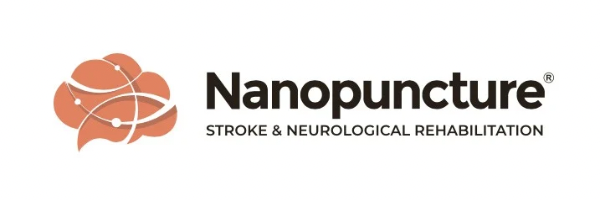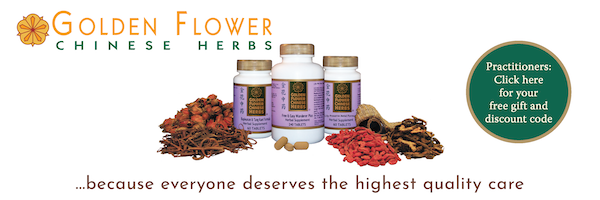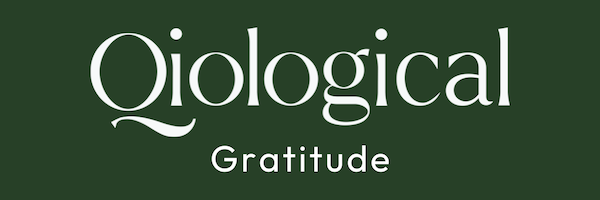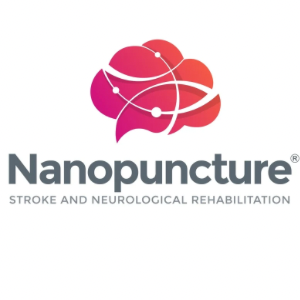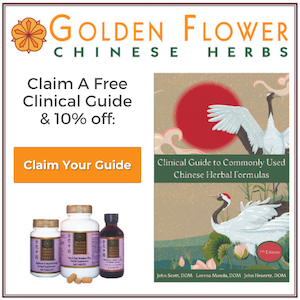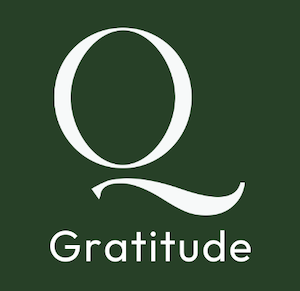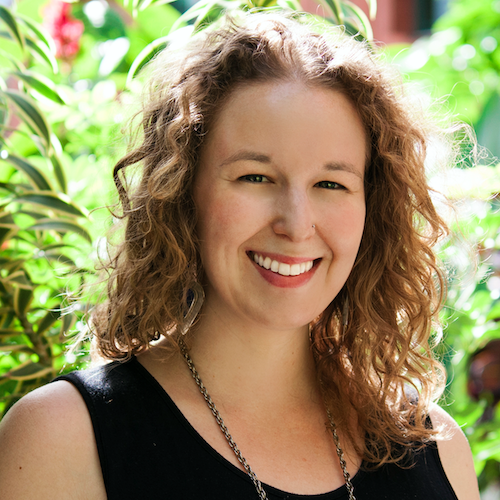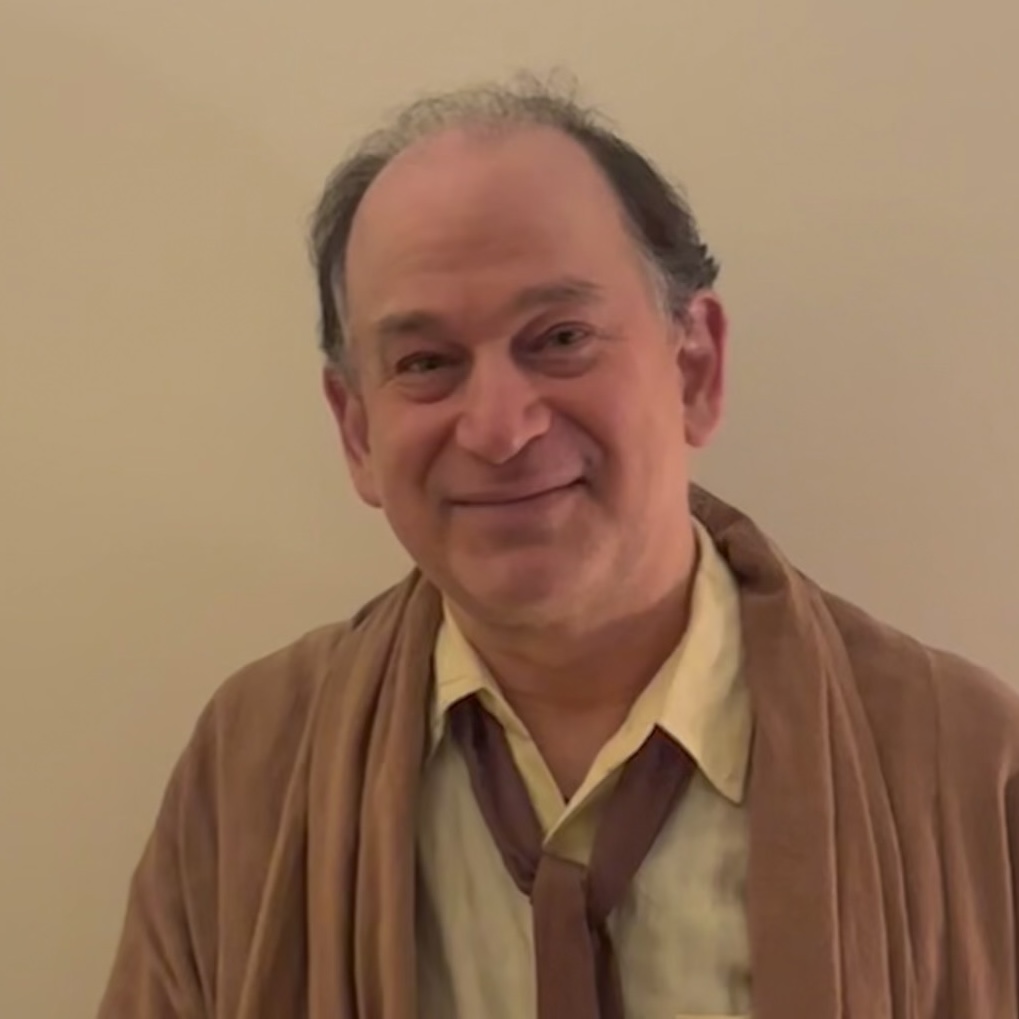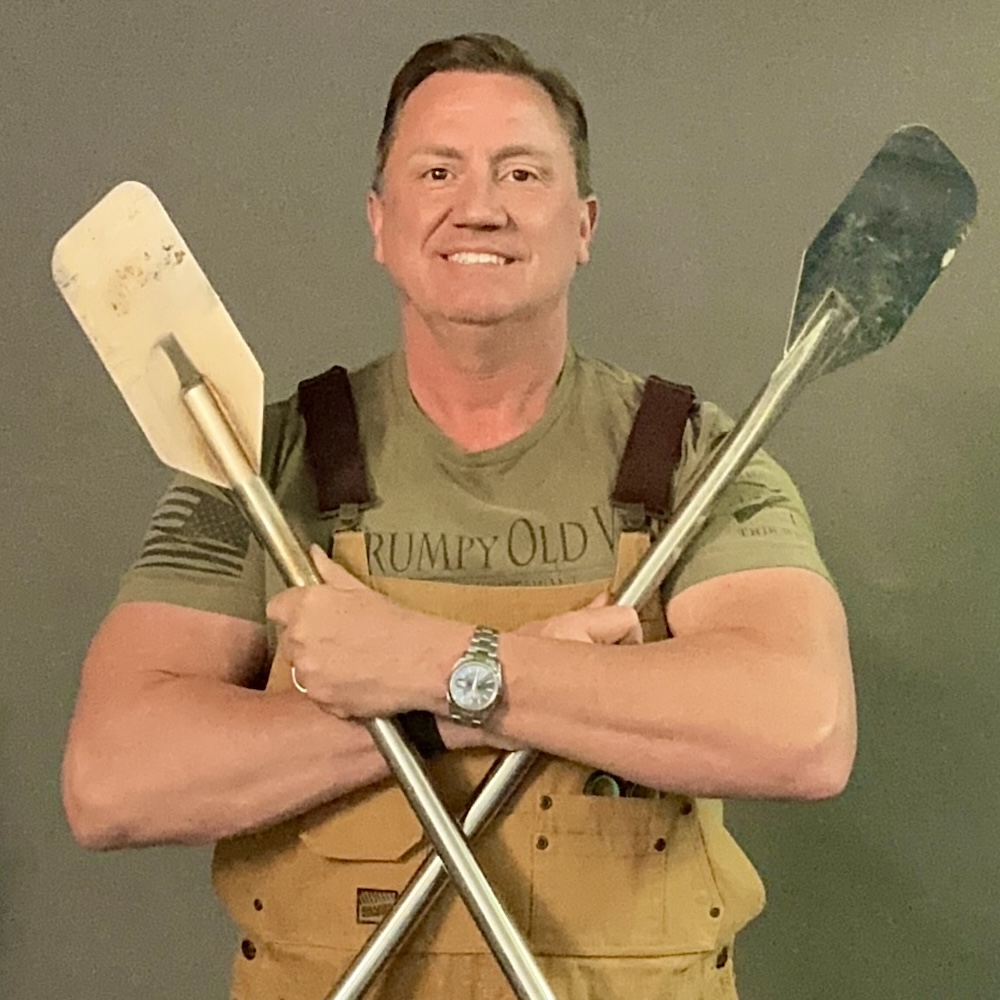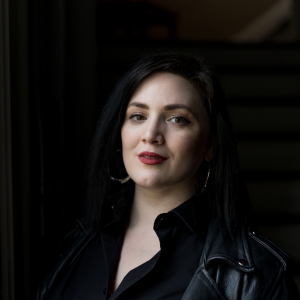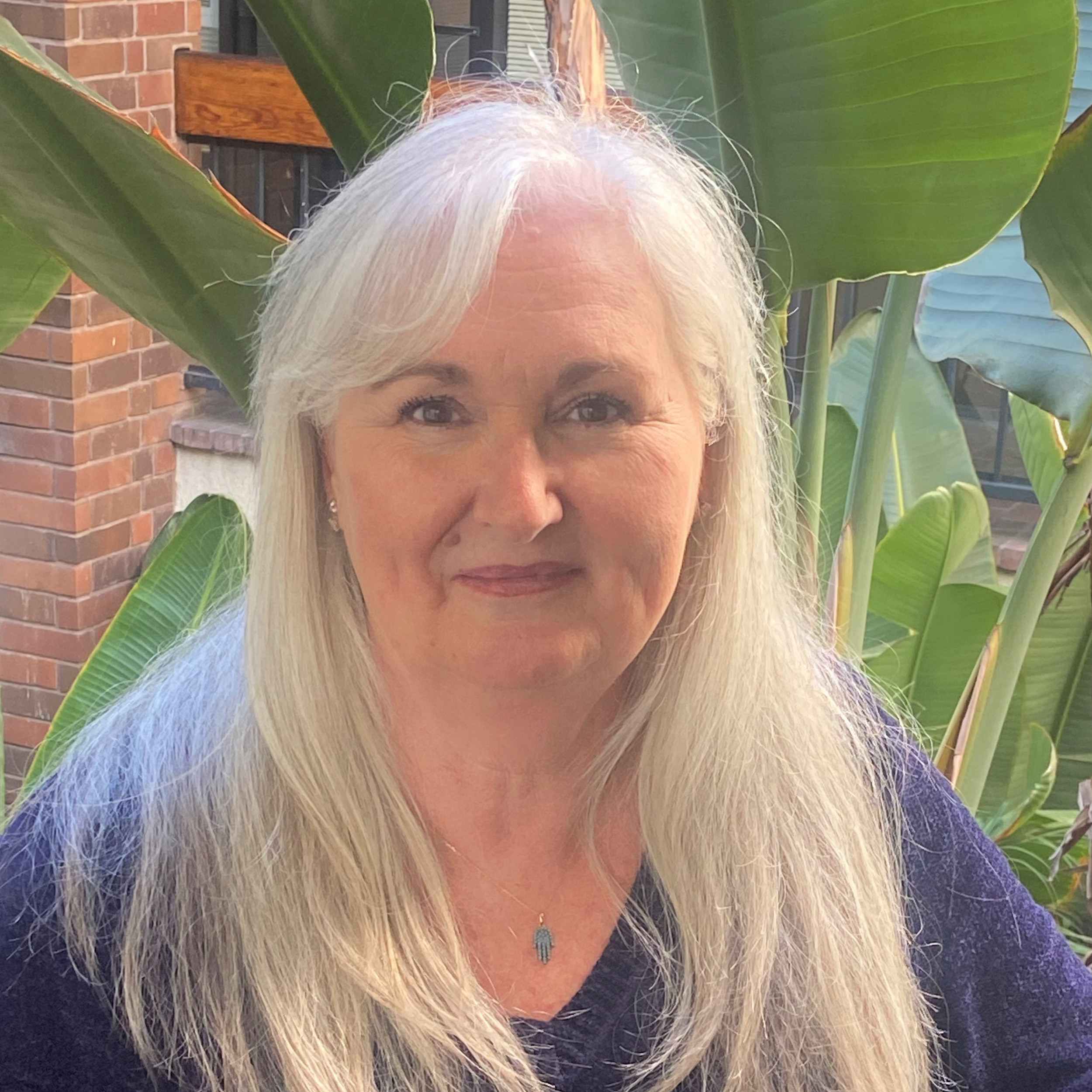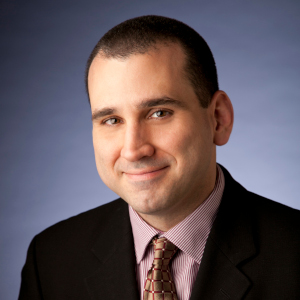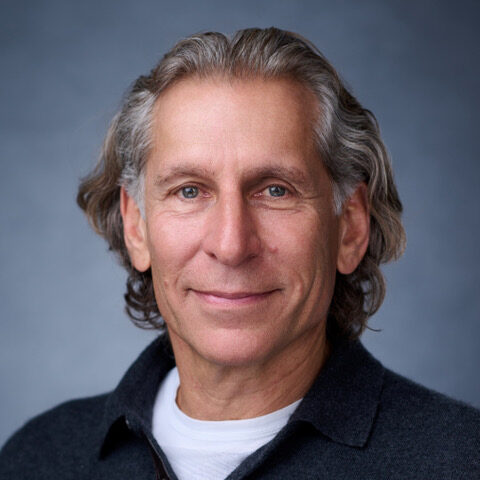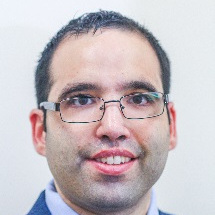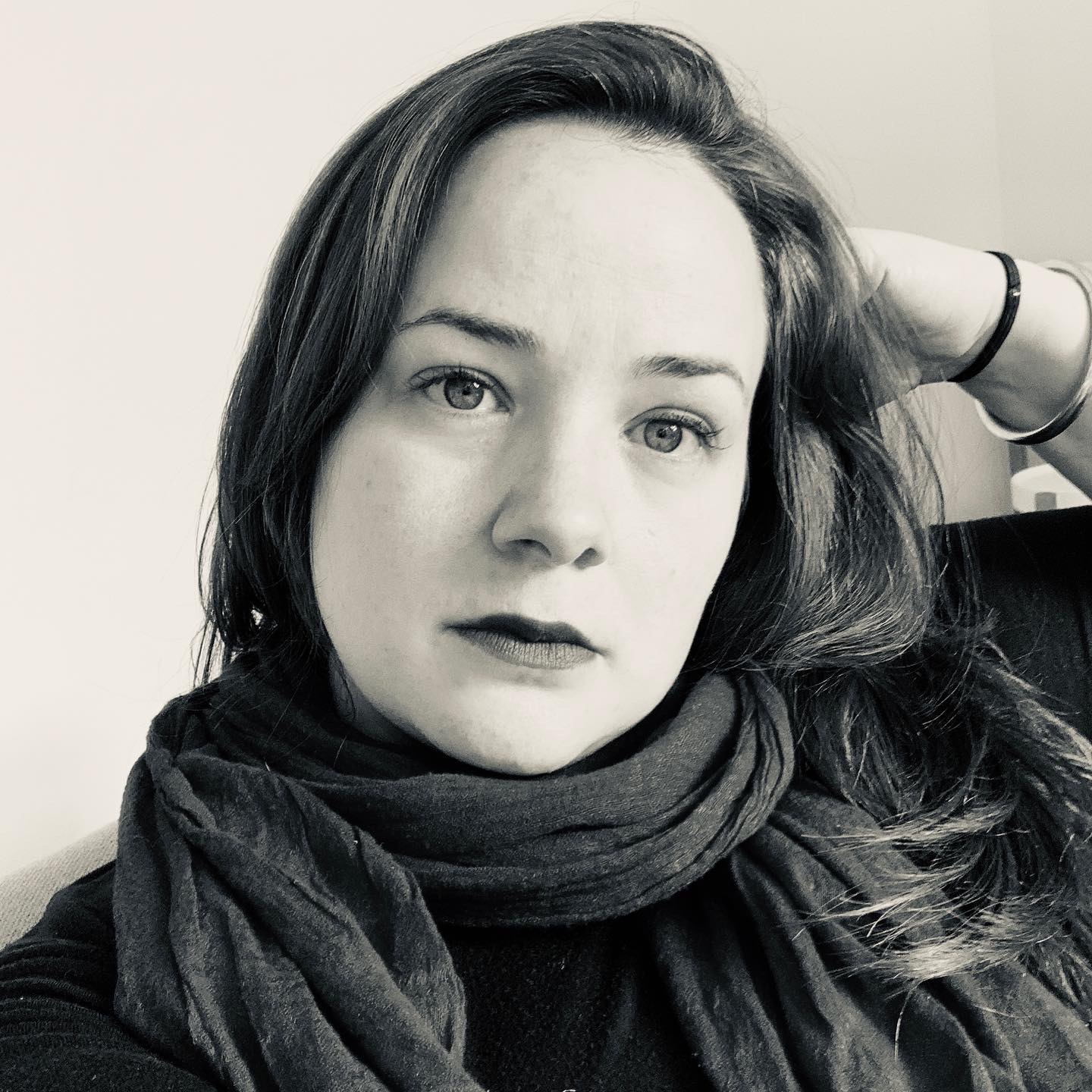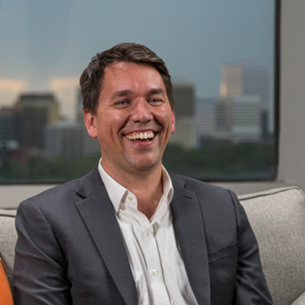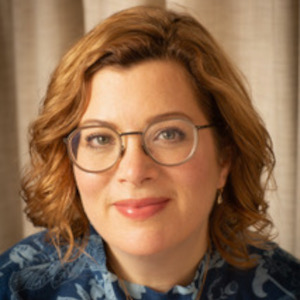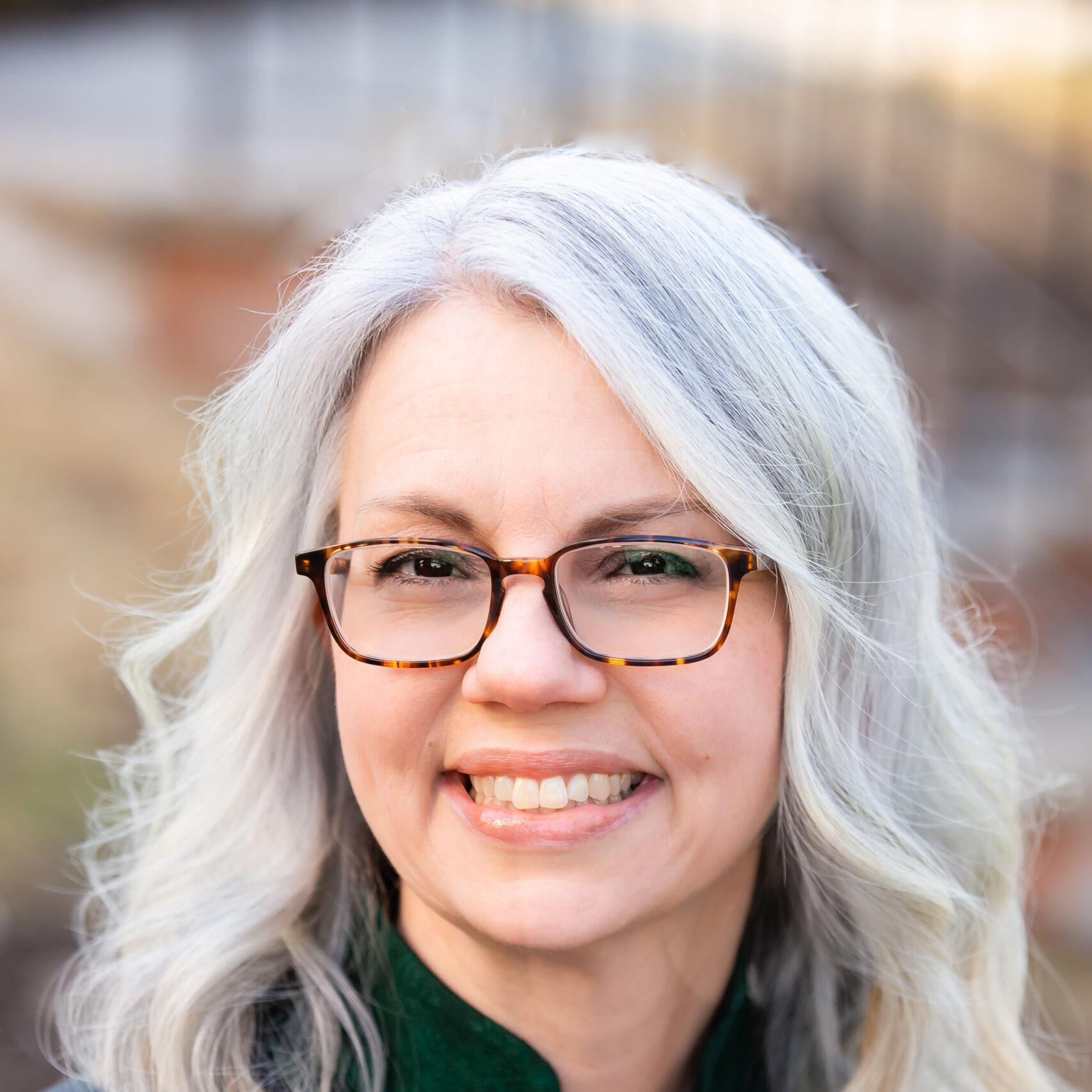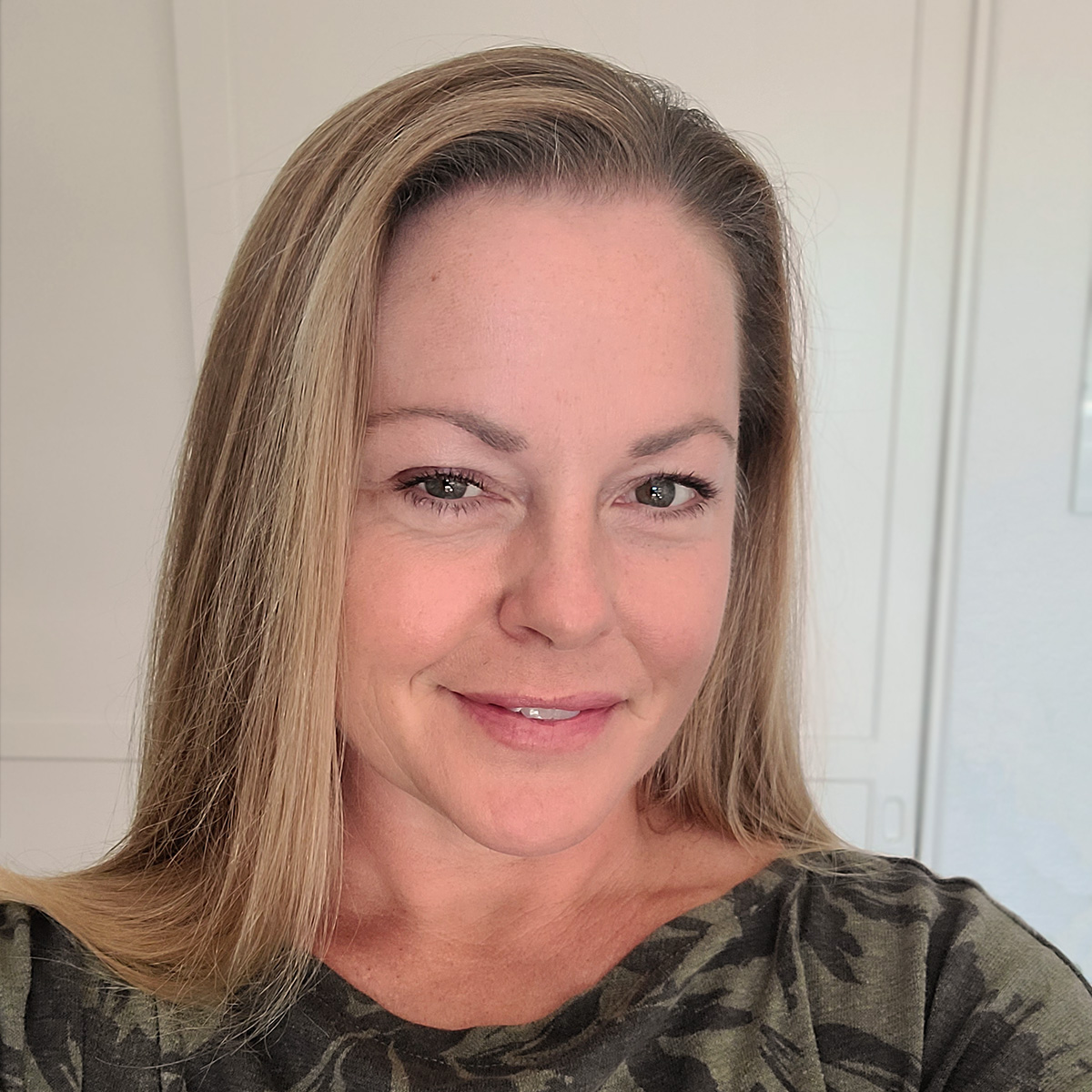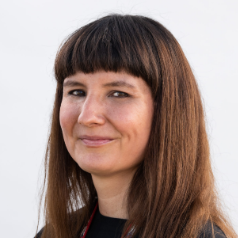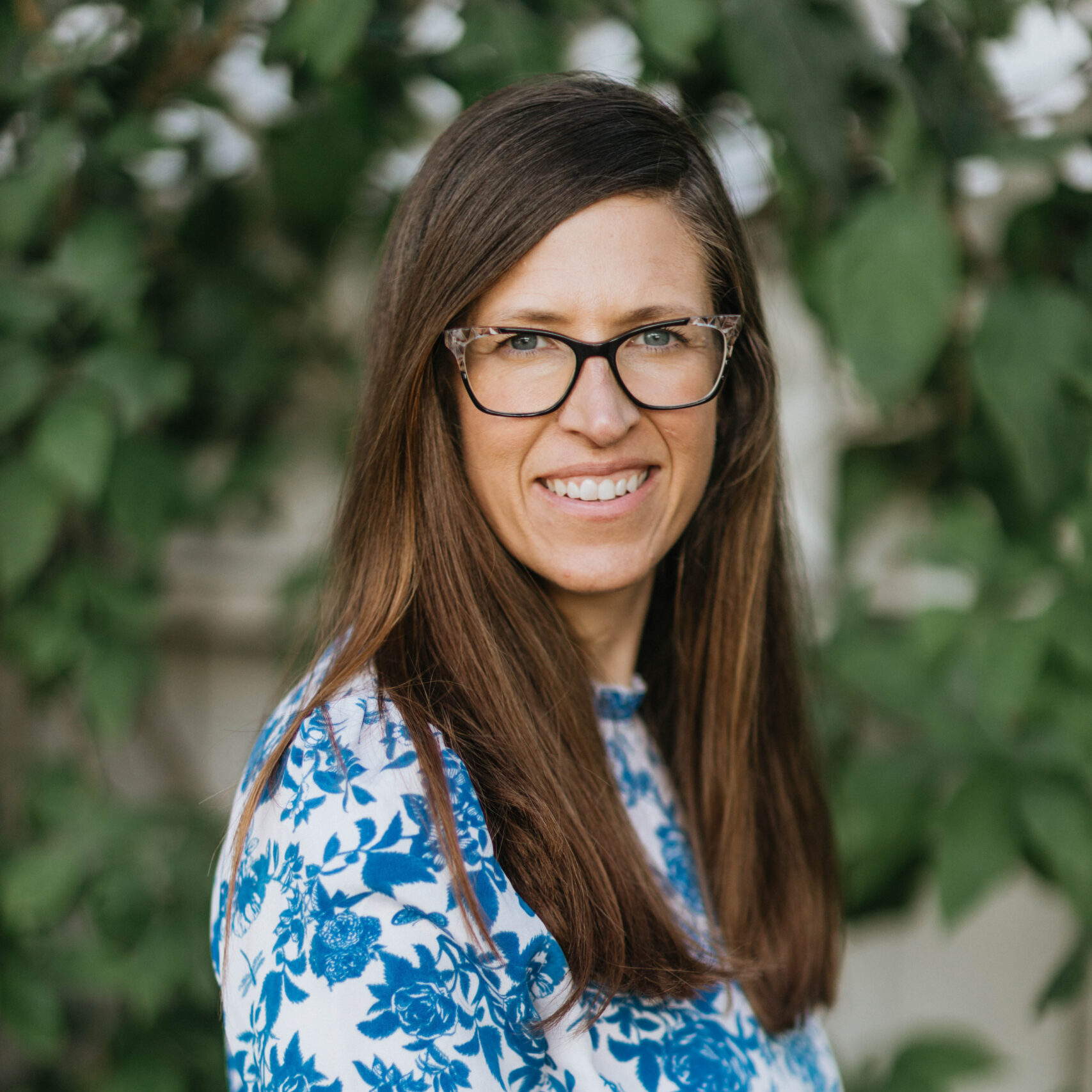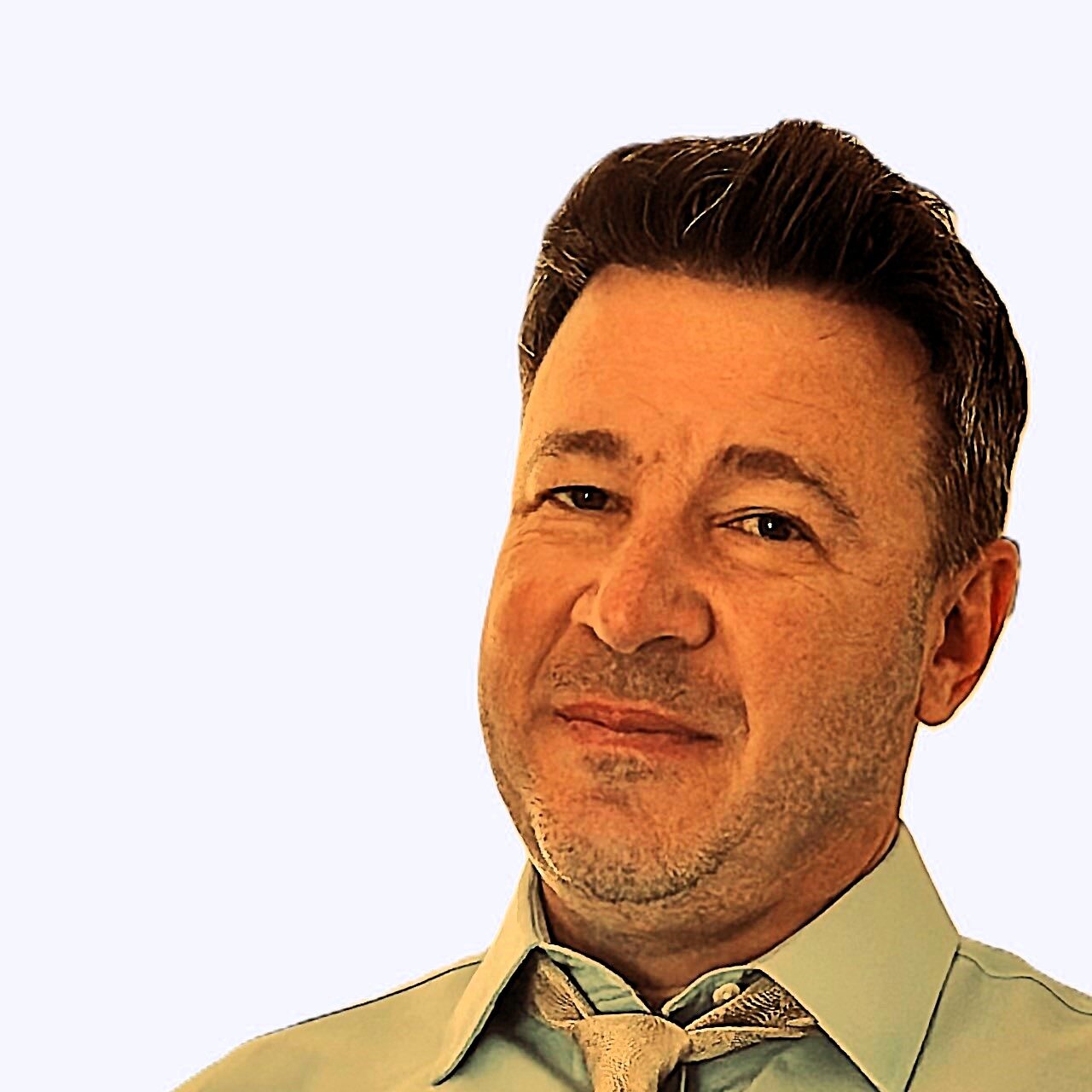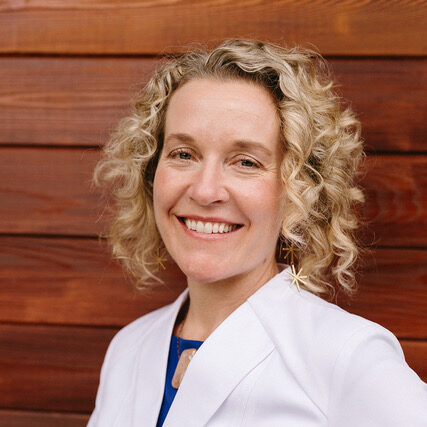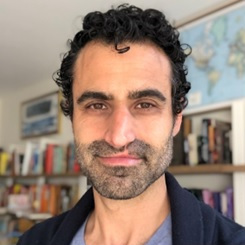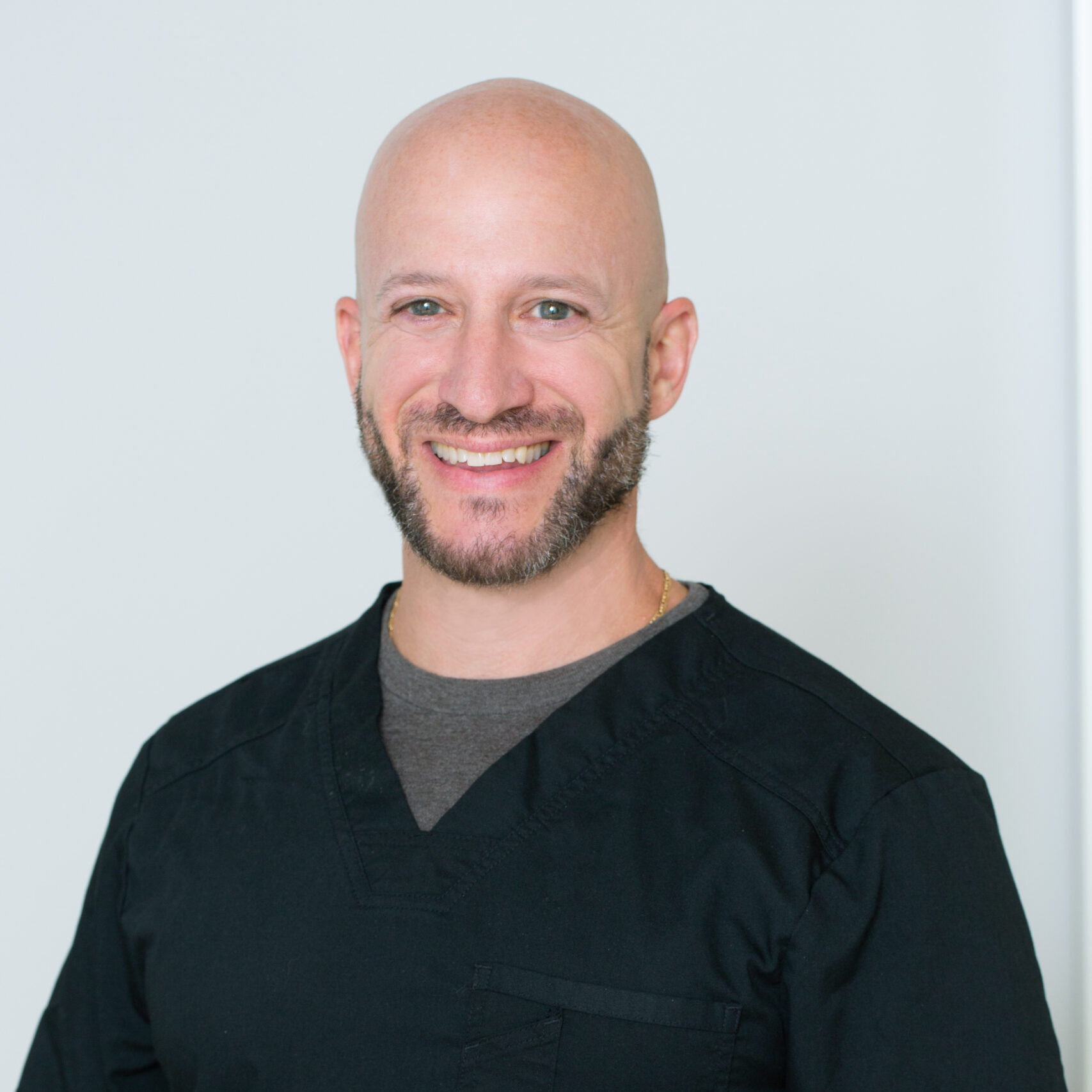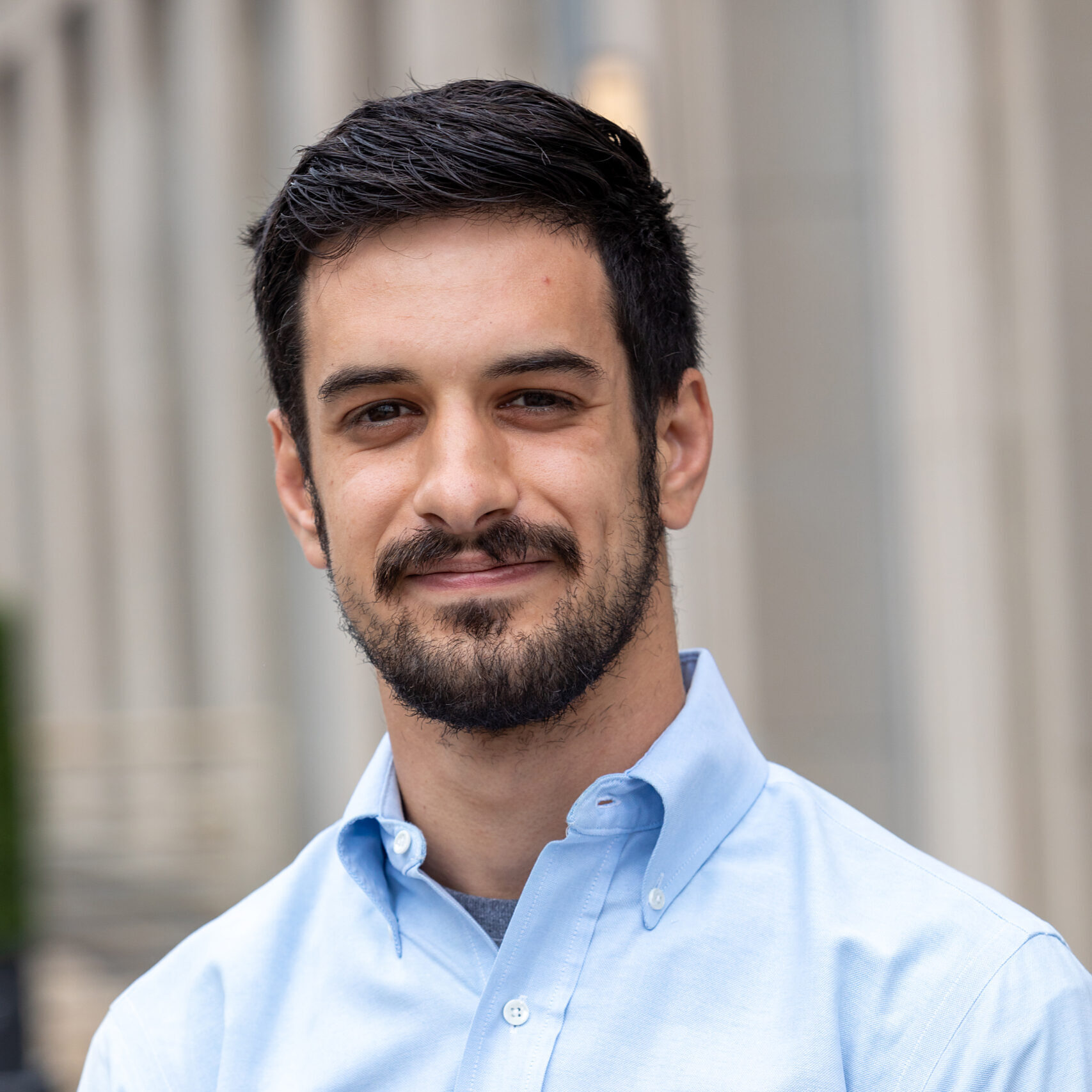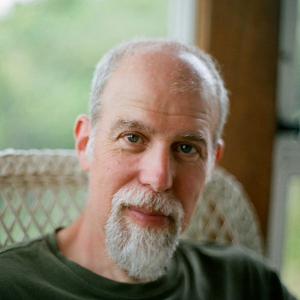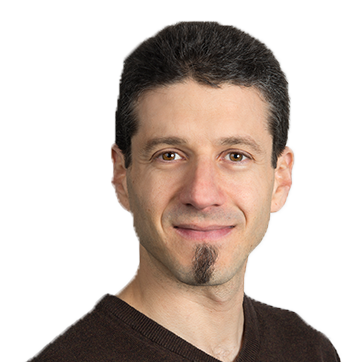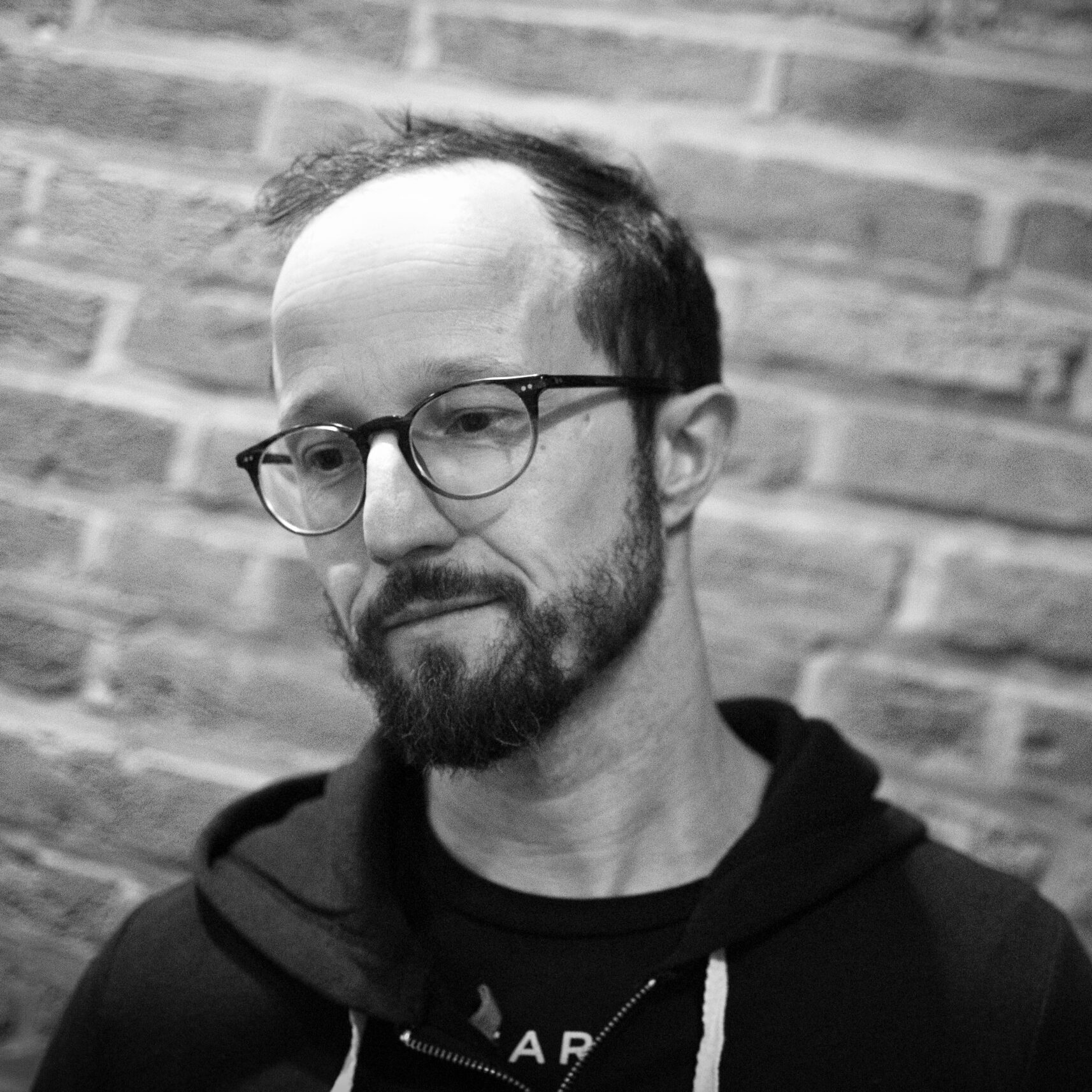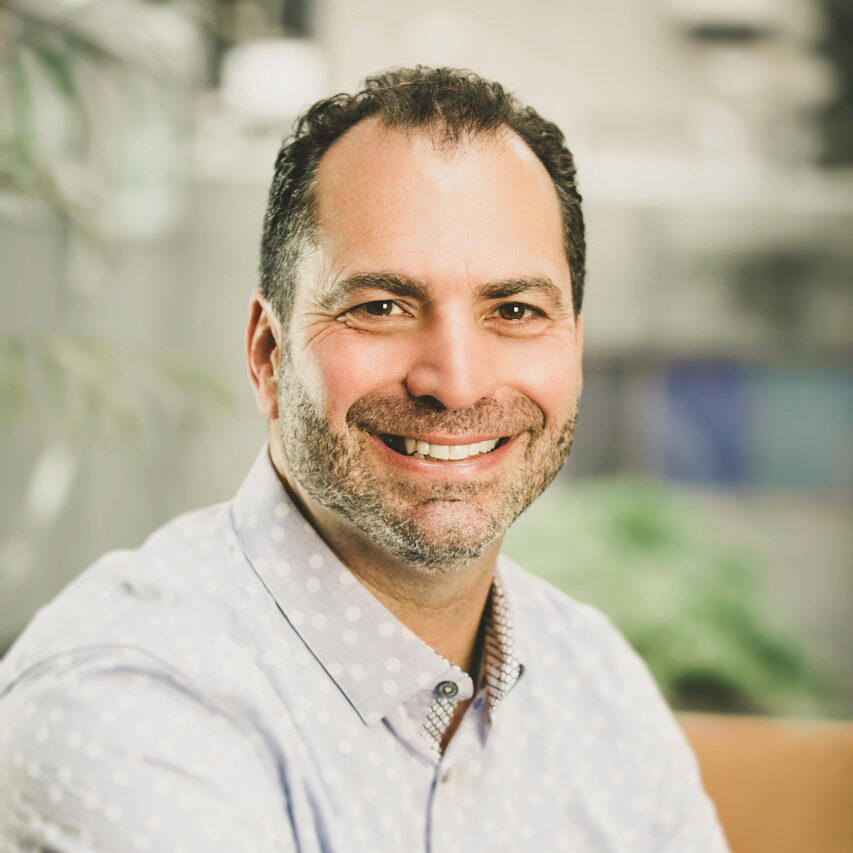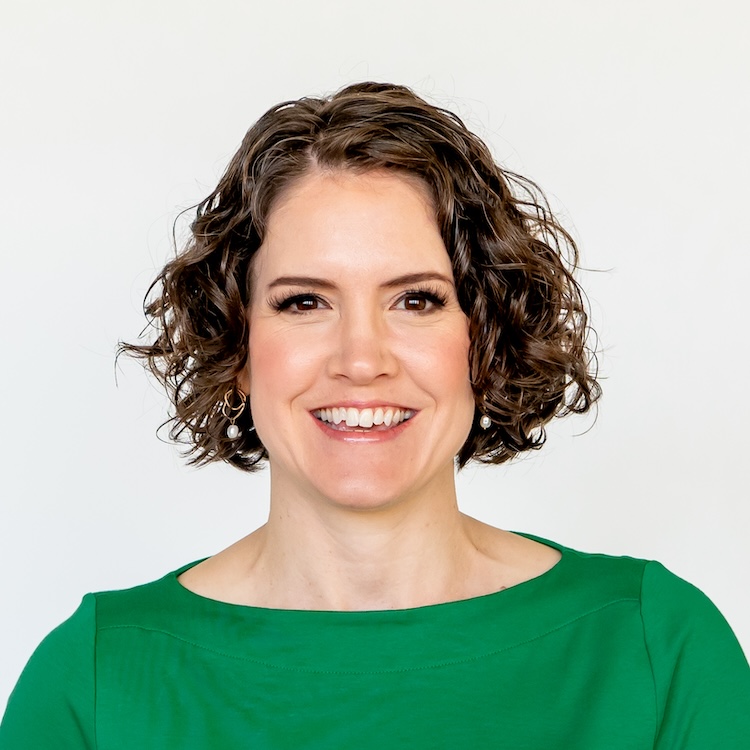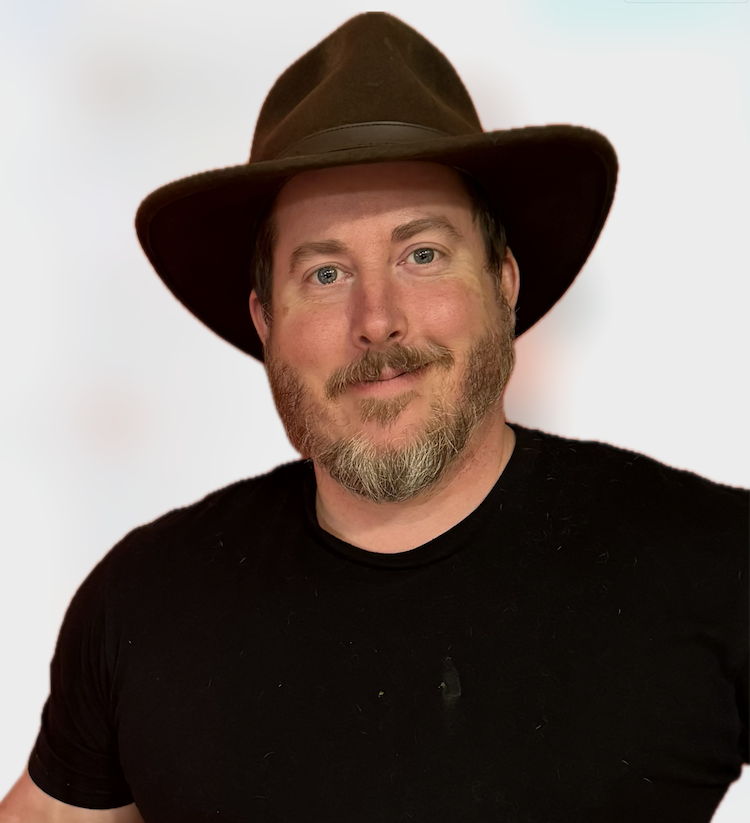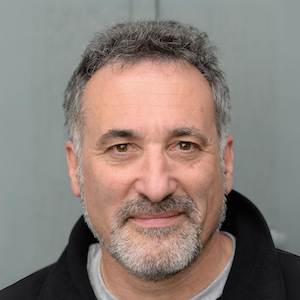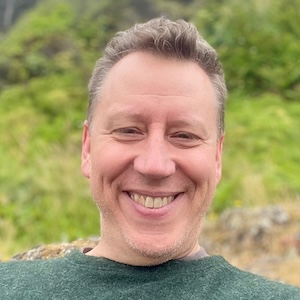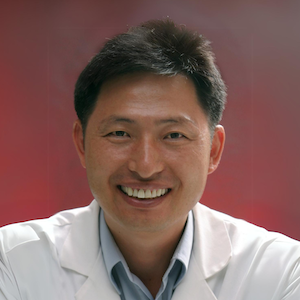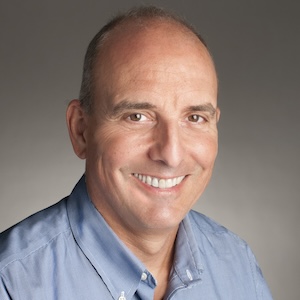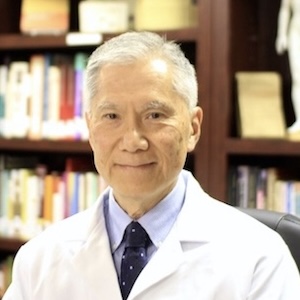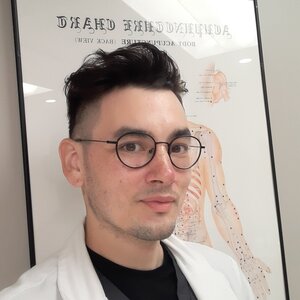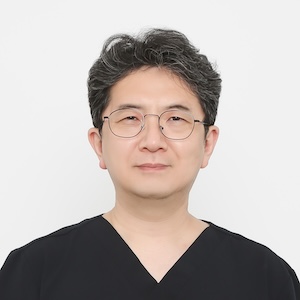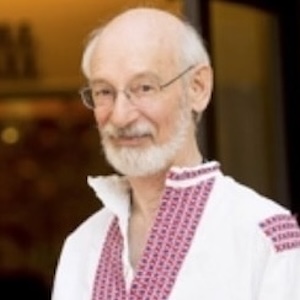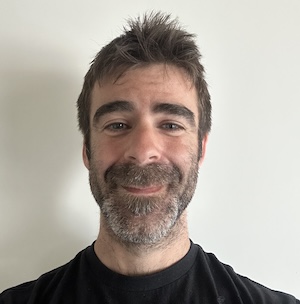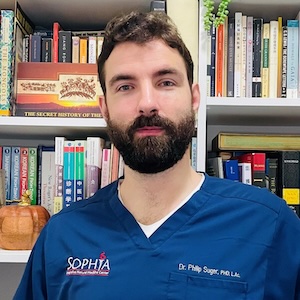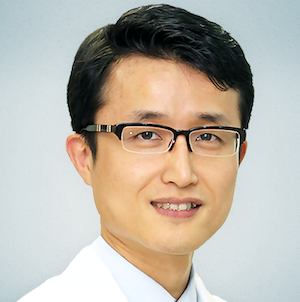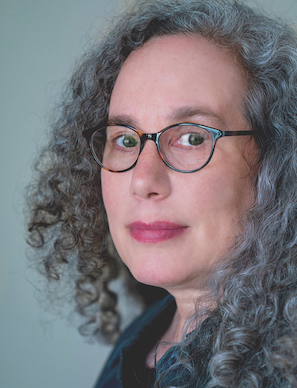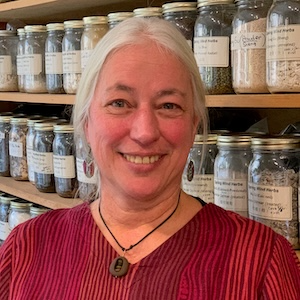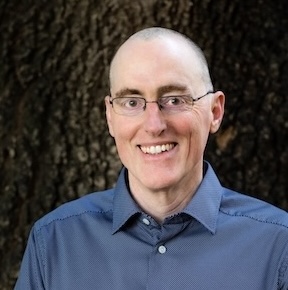Chinese medicine is a rich tapestry of knowledge and techniques, ancient wisdom honed and passed down through the ages. But the ‘superpower’ of our medicine lies in its ability to explore the unknown. To navigate uncertainty and delve into both the unknown depths of the human body and the ever changing environment.
Just as stars guide sailors on their voyage, the ancient wisdom of our medicine helps us to chart the unknown and steer our patients toward wellness and balance. Nowhere is this more evident than in the past few years of the Covid crisis.
In this conversation with Sally Rappeport, we mull over the clinical experience of living through the pandemic, including the stigma and psychological effects of a fear mindset and addressing lingering symptoms like coughs. We also talk about some of the different herbal formulas and strategies practitioners developed in response to the Covid crisis.
Listen into this discussion on the lesson we’ve learned (and continue to learn) from our co-evolution with SARS-C0V-2.
In This Conversation We Discuss:
- Word on the street: What are we seeing in clinical practice at this moment?
- Interpreting Long Covid presentations through a Chinese medicine lens
- The fear factor: Are the lingering Covid issues a result of physical damage or a fearful mindset?
- Lessons learned from the Covid crisis – Tweaking and concocting herbal formulas
- Navigating the hurdles of treating ‘nasty’ coughs
- The Shen Nong society conference
I’m teaching a Gui zhi tang course right now so I’m thinking through that lens. Because this formula warms from the center with Zhi Gan Cao, Sheng Jiang, Da Zao and Gui Zhi and Da Zao and Bai Shao nourish the blood, and Bai shao and Gan cao together relieve spasms – it can be a fabulous base formula for dysmenorrhea. This is true especially when the patient is thin and has deficient qi and blood with stringy tight muscles and often presents with anxiety. It can be modified with herbs like Dang Gui and Chuan Xiong to more effectively deal with the menstrual pain.
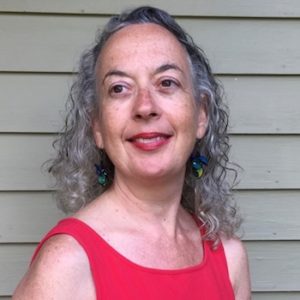 Sally has been practicing Acupuncture and prescribing East Asian Medicinals since 1998 in Brooklyn NY. After about 10 years, she was avoiding specializing, and she realized her passion was herbal medicine. She delved into the classics studying on her own and with Yaron Seidman, Ed Neal, Feng Shi-Lun, Sharon Weizenbaum, and most recently Nadine Zach. In 2005-6, she did an internship with Jean Giblette at High Falls Gardens, and subsequently added Chinese herbs to her Brooklyn backyard garden.
Sally has been practicing Acupuncture and prescribing East Asian Medicinals since 1998 in Brooklyn NY. After about 10 years, she was avoiding specializing, and she realized her passion was herbal medicine. She delved into the classics studying on her own and with Yaron Seidman, Ed Neal, Feng Shi-Lun, Sharon Weizenbaum, and most recently Nadine Zach. In 2005-6, she did an internship with Jean Giblette at High Falls Gardens, and subsequently added Chinese herbs to her Brooklyn backyard garden.
She now serves on the Board of the High Falls Foundation. After studying with Sharon, she added an in-house granule pharmacy to her office in order to be able to easily and inexpensively (relatively) distribute individualized herb formulas to her patients.
In 2016, she started the Shen Nong Society with a great deal of assistance from Caroline Radice, and eventually many others in order to create a forum where practitioners focused primarily on herbal medicine could meet and learn together and address issues in our field.
Since the pandemic, she has treated many COVID and LONG COVID patients using mostly classical formulas. At the end of 2022 she closed her Brooklyn practice and moved her practice to upstate NY full time.
Links and Resources
Visit Sally on her website to learn more about her work and teaching opportunties.
Sally is one of the motive forces behind the Shen Nong Society, don't miss this year's conference!
Subscribe To This Podcast In Your Favourite Player
Share this podcast with your friends!
Shop Talk with Michael Max
Constitution and Formula Families: Gui Zhi
Constitution is not a new idea in Chinese medicine, for that matter, considering constitution also has roots in the traditions of Western medicine.
In this Shop Talk segment I discuss the idea of there being “herbal constitutions” and how this can be helpful in the diagnostic process for us as practitioners and how we can see the character of certain herbs being expressed through the physiology of our patients. I'll give some examples of how this kind of thinking works as applied to the Gui Zhi or Cinnamon Twig type person.
 When I was living and studying medicine in Beijing in 2003, Craig Mitchell shared with me a book he found on herbal medicine. Back at that time I was working on my Chinese and it was not very good, but reading interesting books on medicine was a way I encouraged myself to keep at the Chinese.
When I was living and studying medicine in Beijing in 2003, Craig Mitchell shared with me a book he found on herbal medicine. Back at that time I was working on my Chinese and it was not very good, but reading interesting books on medicine was a way I encouraged myself to keep at the Chinese.
When I first read Ten Key Formula Families in Chinese Medicine I thought my Chinese was perhaps getting worse, because the ideas contained in it were so different from what I'd previously been exposed to. Turns out, I was understanding it, and the perspective of Dr Huang Huang changed how I thought about and used herbs.
Dr Huang has continued to develop his ideas and Eran Even did his Ph.D in China with Dr Huang. He's a great resource for engaging the ideas of Dr Huang, and he's got some great classes on formula families. You can find those over at www.chinesemedicineclassics.com.
And Ten Key Formula Families in Chinese Medicine is available from Eastland Press.

